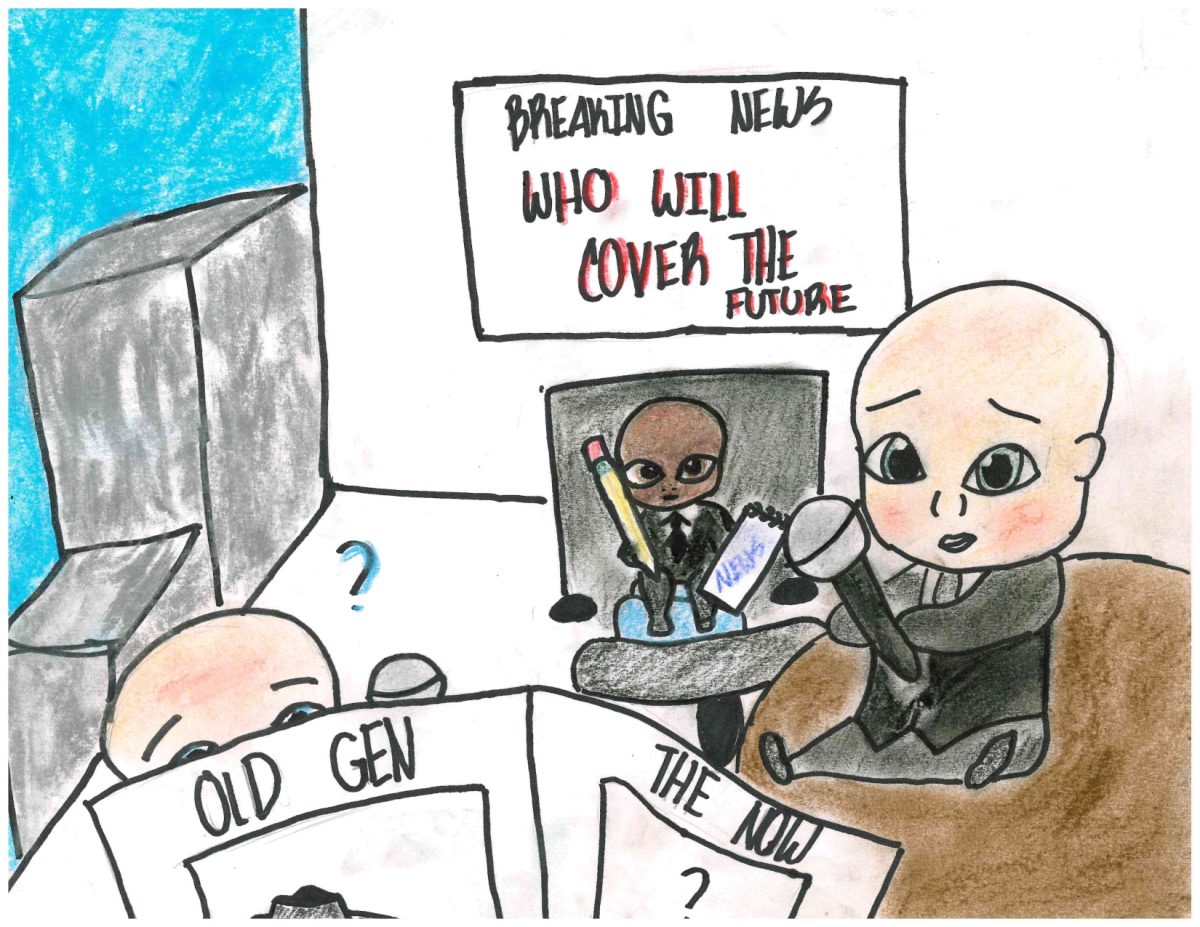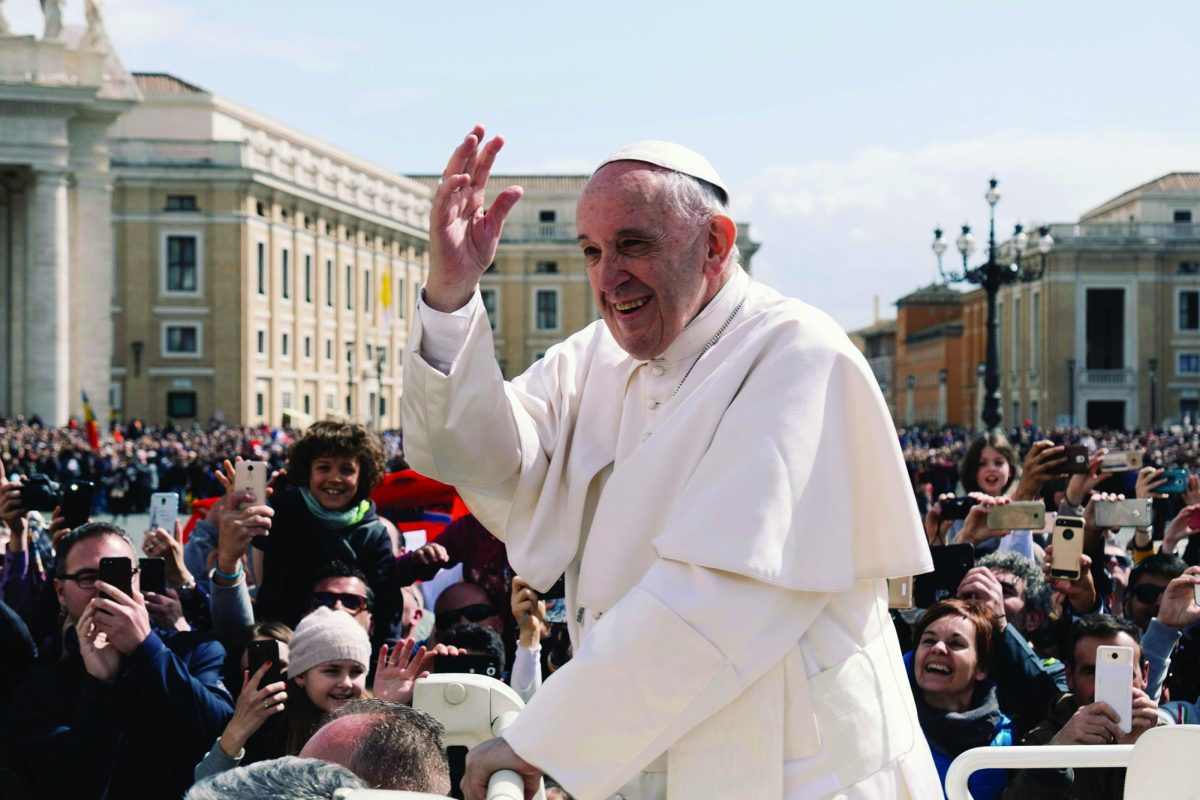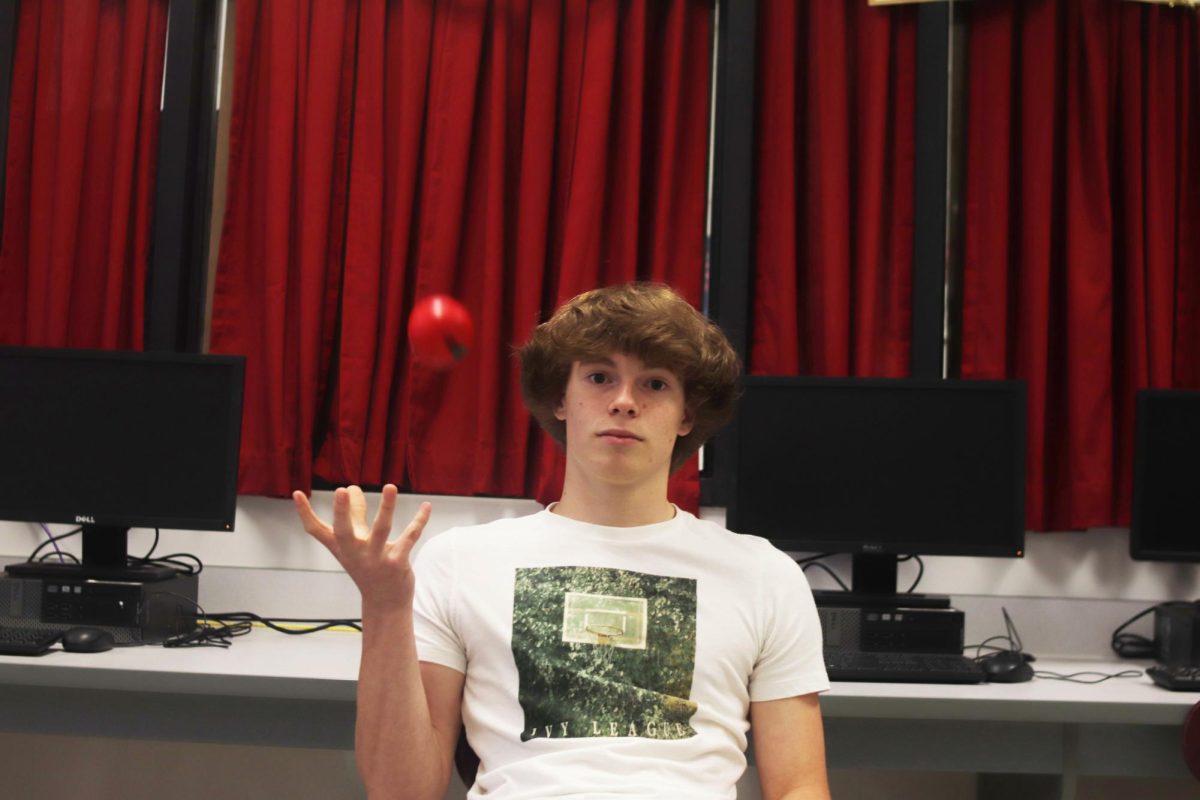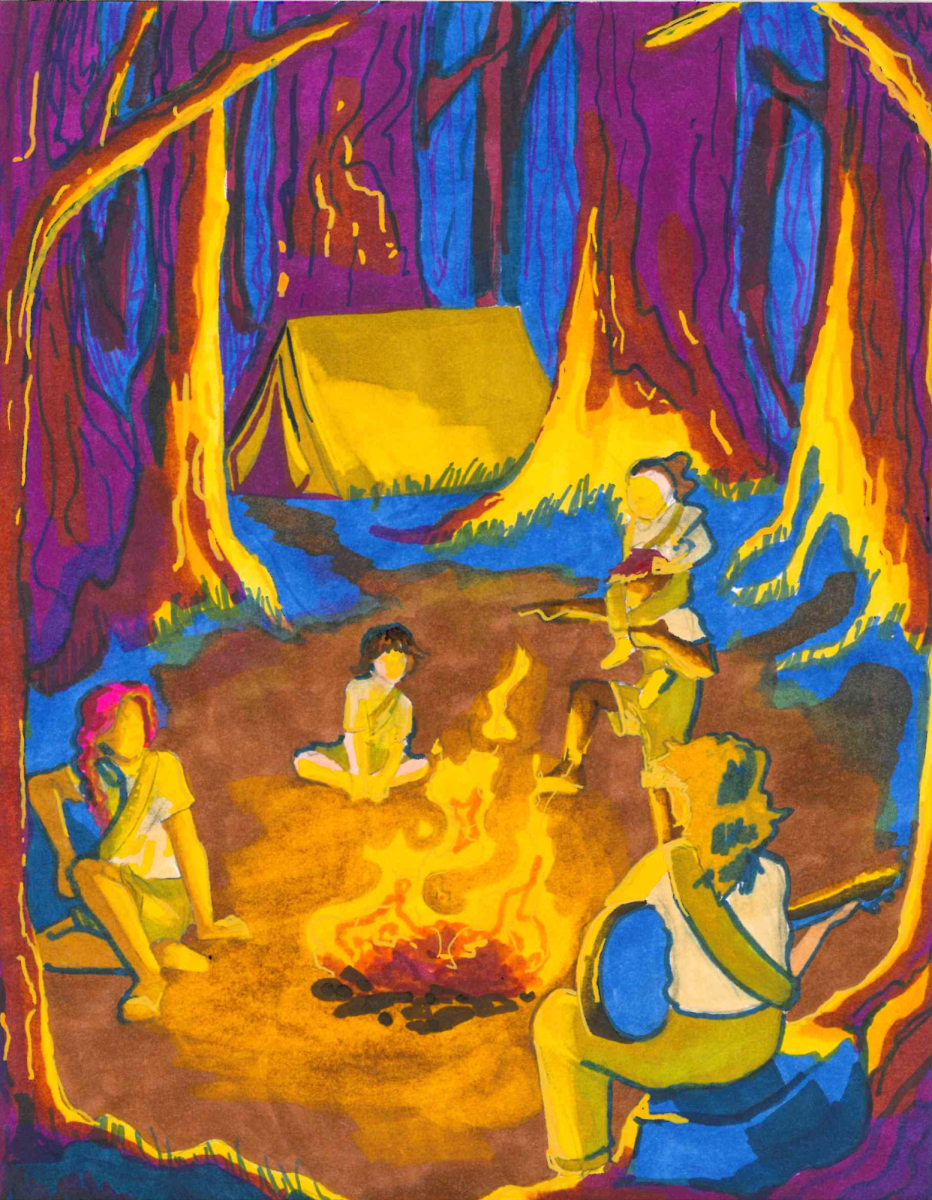Using power and wealth, celebrities can avoid receiving proper consequences for their actions. Not holding individuals in positions of power accountable highlights the role performative activism plays in society.
When a person does something that the public acknowledges as wrong, there should always be a consequence to their actions. When a person in the public eye, such as a celebrity, does something wrong, the same reaction should be initiated. However, this is rarely the case.
Some people have taken the stance that a singer should be separated from his or her music. This separation is selfish. Ignoring the harm they have caused to certain communities, and continuing to listen to their music in a guilt-free sense is just another form of performative activism.
Wikipedia defines performative activism as, “a pejorative term referring to activism done to increase one’s social capital rather than because of one’s devotion to a cause.”
There’s still support being shown towards the artist. There’s still no justice for the people they have offended. Any support or attention someone has is enough to give them a platform to influence others.
Offensive actions are usually rooted in deep historical ties. It goes further than just a mistake or accident. It’s impossible to claim to be an ally to a certain community while continuing to support an artist who openly isn’t.
According to sophomore Helen Spigel, when a celebrity’s actions are ignored, “the [targeted] communities feel like they don’t matter,” Spigel said. “It lets others know that if you do something against this community, you can get away with it.”
On February 2, a video of country singer Morgan Wallen saying the n-slur was released by TMZ. According to TMZ, a neighbor recorded the video after he heard a loud ruckus outside, coming from Wallen and his friends upon their arrival from a night out. Wallen claims he was intoxicated.
According to sophomore Jackie McCoy, this is no excuse.
“It is offensive no matter what tone he meant it in,” McCoy said, “It’s a word that he can not say.”
This isn’t the only instance of social misconduct from Wallen. In October 2020, videos were taken of Wallen “partying at a bar” and not abiding by proper COVID-19 guidelines. As a result, his appearance on Saturday Night Live was canceled. However, two months later he was offered a “second chance” and appeared on the show.
According to Billboard, in May 2020, Wallen was arrested and charged for public intoxication and disorderly conduct. Despite the various problems Wallen has found himself apart of, he still retains a platform.
Various country musicians responded to the news of Wallen’s most recent offense. Singer Mickey Guyton tweeted, “The hate runs deep,” in response to TMZ’s tweet announcing the release of the video.
Other musicians even alluded to the factor of gender in the lack of repercussions for Wallen. Country singer Maren Morris tweeted “We’d be dropped, endorsements lost, social pariahs to music row,” in response to a tweet addressing the difference between the consequences a female artist may receive for lesser offenses than Wallen’s.
As an apology for saying the n-slur, Wallen released a video on Instagram.
“This week I heard first-hand some personal stories from Black people that honestly shook me, and I know what I’m going through this week doesn’t compare to some of the trials I heard about from them,” Wallen said in the video, “I came away with a clearer understanding of the weight of my words.”
Although his apology did seem sincere, I’m in no place to accept it, as I’m not a part of the community he offended. However, the damage that was caused cannot be undone.
A simple apology is not sufficient enough to reverse any harm done to the Black community. Growing and learning from mistakes takes time. It’s a process that isn’t instantly ended when an individual admits that they have done something wrong. These apologies should be professional, while still showing regret and genuine growth.
An apology should also showcase maturity. “A public apology should be organized, meaning a verbal statement,” McCoy said. “It is common for celebrities to have crocodile tears, but apologizing verbally seems more mature.”
Idolizing these celebrities to such a large extent has altered people’s perception of what these individuals are capable of. The only knowledge relating to what a celebrity is truly like comes from sources such as interviews and personal accounts.
These personalities seen in these instances can be fabricated. Someone doesn’t ever truly know their favorite celebrity, therefore they can’t defend them using the justification that “they would never do that”.
This further contributes to the impossibility of fully being able to separate a musical artist from their work. The music being produced is simply an extension of the artist themself.
Possibly one of the largest examples of a singer still holding power, despite multiple instances of inappropriate behavior, is depicted in the career of R&B musician Robert Kelly, known professionally as R. Kelly.
According to NPR, Kelly’s long road of “unsettling allegations” started in 1994, when he, then 27 years old, married Aaliyah Haughton, who at that time was 15 years old. Haughton’s age was falsified to 18 on the marriage certificate. The wedding was annulled within months.
Since then, Kelly has received various serious allegations relating to child pornography, physical abuse, sexual assault, human trafficking, and sexual relations with minors.
Utilizing his wealth and fame allowed Kelly to prevent real legal consequences. As his fame dwindles, his influence does as well.
This lack of accountability is prevalent in mainstream media. People are constantly creating and sharing infographics that only touch on the surface level of real problems. These individuals claim to support certain communities, but a majority of them do it solely for appearance.
Actual activism involves doing research, spreading factual information for awareness, and instating life changes that reflect this.
This aspect of performative activism is also rampant in influencer life. Teenagers that have amassed millions of followers through social media platforms have a large influence, as a majority of their fans are younger. Although some may ignore their actions due to their age, they chose the spotlight. They chose to cultivate a career.
Posting a picture of a black square as a way to tell others to support Black Lives Matter, with no accurate and important information spread, is not a form of activism.
Spamming stories with countless infographics full of misleading facts, without doing any research about the topic to verify the information being spread, is not activism
With power, comes responsibility. Everyone has an influence, no matter how small or big it is.
Not holding people in positions of power accountable also promotes the message that what they did is okay and their actions will receive no consequences. It only continues to normalize these actions in mainstream media and the life of their adoring fans.
Enjoying music created by a person responsible for offensive actions doesn’t make the listener a bad person. However, if they truly disagree with what the musician did, real action requires them to stop showing support for that artist. There are ways to still listen to a good song without contributing to the creator’s paycheck.
‘Cherry picking’ who to hold accountable is a form of performative activism
Picking and choosing which celebrities to call out contributes to the growing amount of activism solely for appearance.
0
More to Discover
About the Contributor

Madison Stine, Managing Editor






